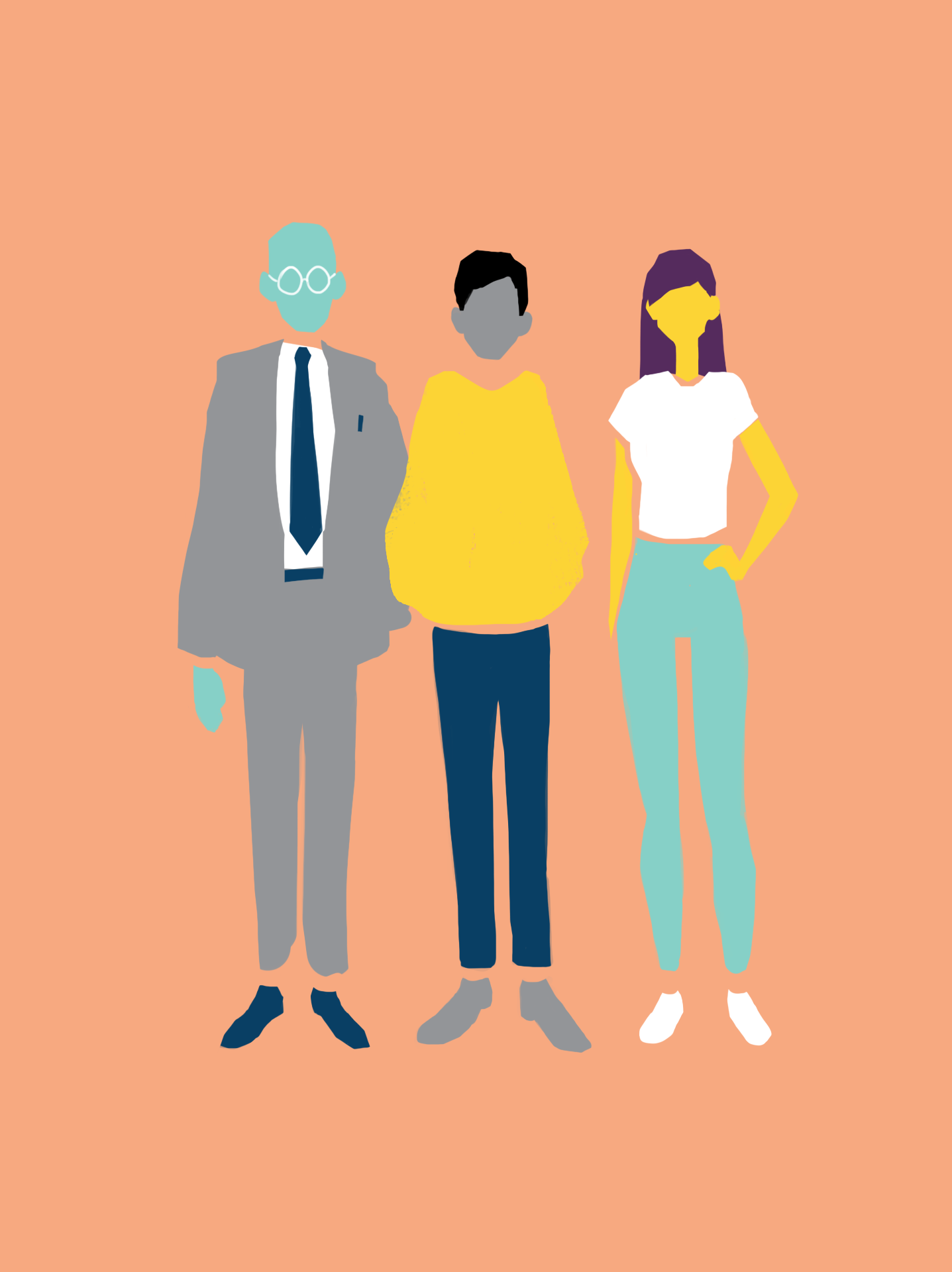It can be hard to know the best way to help someone you care about.
Adis can work with you to support them.

Support for family and friends.
We provide a safe, anonymous and confidential space for people to talk about their concerns for loved ones and receive information about support and treatment options.
How do I help?
Finding out that someone you know has an issue with alcohol or drugs can be worrying and frustrating. But supporting them is the best thing you can do. Knowing what to say or what to do may seem difficult but Adis have support available for you as well as for them.
What to expect?
When you call, you can expect to speak with an experienced counsellor. They’ll take your concerns and questions seriously and offer advice and information. Together you can work out the best way to talk to your loved one about their drug or alcohol concerns. Adis counsellors can also help you find relevant services and treatment options.
Here's what some had to say

How do I know if they need help?
If you want to help, the first step is to see if their use is causing them harm. Some indicators could be:
- They are often feeling sick, low on energy, not looking after themselves and their appearance is changing e.g. gaining or losing weight
- You notice changes in their personality, they seem more lethargic or more aggressive, they are experiencing mood swings
- They have been missing days off work or study and are struggling to keep up
- They are in debt, they aren’t paying their bills, there is unexplained spending, they have been borrowing money and not paying it back
- There is an increase in secretive communication or changes in friendship groups
- They have unexplained accidents
Keeping them safe
Although it can be difficult, try to keep the lines of communication open. The person you care about might not be ready to make big changes; until they are you can help by keeping them safe
Looking after yourself
When someone you know is using alcohol or other drugs, it can be overwhelming. To help you support your loved one, it’s important for you to look after yourself.
- Connect with people who support you
- Ensure all other family members are safe, particularly young children
- Set consistent boundaries and expectations around their behaviour
- Do things that bring you pleasure and help you feel connected, healthy and positive
- Monitor your own substance use
Frequently asked questions
If a family member or significant other is experiencing alcohol or other drug issues, there are different services available that can assist them in making changes. It is important to note that someone experiencing these issues will need to be willing to access treatment services, as all Queensland alcohol and other drug services operate on voluntary admission only. There is no involuntary alcohol and drug treatment in Queensland.
All calls made to Adis are anonymous and confidential. If you decide you would like us to refer you to other services or the person using substances is willing to access treatment, you will have the option of providing us your details. If at any time we believe there is a threat to your safety or the safety of others, or if we are legally required to do so we may need to breach confidentiality, however we will aim to inform you if we need to take these steps.
When someone you know is using alcohol or other drugs, it can be overwhelming. To help you support your loved one, it’s important for you to look after yourself. You can ensure all other family members are safe, particularly young children, connect with people who support you, set consistent boundaries and expectations around their behaviour and do things that bring you pleasure and help you feel connected, healthy and positive.
It is important to remember that you can encourage someone to change but you can't make them do things they don’t want to do.
Making sure you choose a good time to talk to them will allow you to create a safe and comfortable environment. This can include waiting for a time when they are sober, remaining calm and logical when speaking with them and avoiding being drawn into an argument. Encourage them to seek support from their GP, other health professionals or to contact Adis.
You could start out with something like:
-
“Things seem a little different lately. Did you want to talk?”
-
“I haven’t seen you in a while. How are you going? Is everything OK?”
-
“You haven’t spoken about your friends lately. What’s going on with them?”
-
“Hey, I was just thinking about you. How have you been travelling?”
It is important that you are comfortable with your ability before providing support to an individual or family member. You can avoid unintentionally aiding their drug use by doing simple things like paying bills and buying food rather than giving them money. Keeping contact, avoiding confrontation and setting strong boundaries for yourself and ensuring they are responsible for their choices can help provide a routine and discipline, but it is also important to listen and to be supportive.
It can be helpful to be a ‘fact-finder’ and provide information and contact details for AOD support services such as Adis.
All of our counsellors undertake an initial period of intensive training, and then receive on-going training on the job and regular supervision. All counsellors have experience in alcohol and drug settings.
Understand the treatment options available
